What is the vagus nerve & why it’s important for midlife women
I’m sure by now you’ll have heard someone mention it online, or perhaps it’s come up in a yoga class. But what exactly is the vagus nerve, and perhaps most importantly why do you need to know about it?
So what is the vagus nerve?
The vagus nerve is the longest cranial nerve in the body and travels down through the face, neck, lungs, heart, diaphragm and abdomen and pelvic floor. It acts as a “super information highway” communicating between the brain and our body’s systems regulating our mood, digestion, heart rate, immune response and so much more.
In recent years, there has been growing interest in the role of the vagus nerve in supporting women's health. Research has shown that the vagus nerve can play a role in everything from menopause symptoms to mental health.
The vagus nerve has a number of important functions, including:
Regulating the heart rate and blood pressure
Controlling digestion
Stimulating the release of hormones
Regulating mood and emotion
Connecting the brain to the gut
Why is the vagus nerve so important for midlife women?
The vagus nerve can help to improve most of our menopause symptoms from hot flashes through to depression or anxiety. It does this by regulating the body's stress response and promoting relaxation.
How does the vagus nerve regulate the body's stress response?
The vagus nerve regulates the body's stress response by activating the parasympathetic nervous system, which is responsible for the "rest and digest" response. When the body is stressed, the sympathetic nervous system is activated, which triggers the "fight or flight" response. This response causes the heart rate and blood pressure to increase, breathing to become more shallow, and blood to be diverted away from the digestive system towards the muscles.
The vagus nerve helps to calm the sympathetic nervous system and activate the parasympathetic nervous system. This causes the heart rate and blood pressure to decrease, breathing to become deeper, and blood to be diverted back to the digestive system. The vagus nerve also helps to release hormones that promote relaxation and reduce stress, such as oxytocin and acetylcholine.
How do you activate the vagus nerve?
There are a number of ways to activate the vagus nerve, including:
Deep breathing: Deep breathing is one of the simplest and most effective ways to activate the vagus nerve. When you breathe deeply, the diaphragm massages the vagus nerve, which sends signals to the brain to promote relaxation.
Singing or humming: Singing and humming are also great ways to activate the vagus nerve. When you sing or hum, the vibrations stimulate the vagus nerve.
Self touch: Supportive self touch and hugs stimulate skin receptors which send signals via the vagus nerve to the brain that you are safe and loved.
Cold exposure: Cold exposure is another way to activate the vagus nerve. When you are exposed to cold, the body's sympathetic nervous system is activated, which increases the heart rate and blood pressure. The vagus nerve then helps to bring the body back to a state of balance.
Meditation and yoga: Meditation and yoga are both great ways to promote relaxation and improve vagus nerve tone.
The vagus nerve is a powerful tool for midlife women. It can help to improve menopause symptoms, mental health, and overall health. Nervous system regulation is a huge part of both my 1-1 coaching and my group courses as I believe that a regulated nervous system enables you to live a more vibrant life. For more information on accessing the power of your vagus nerve schedule a free call with me here to discuss how I can support you.
